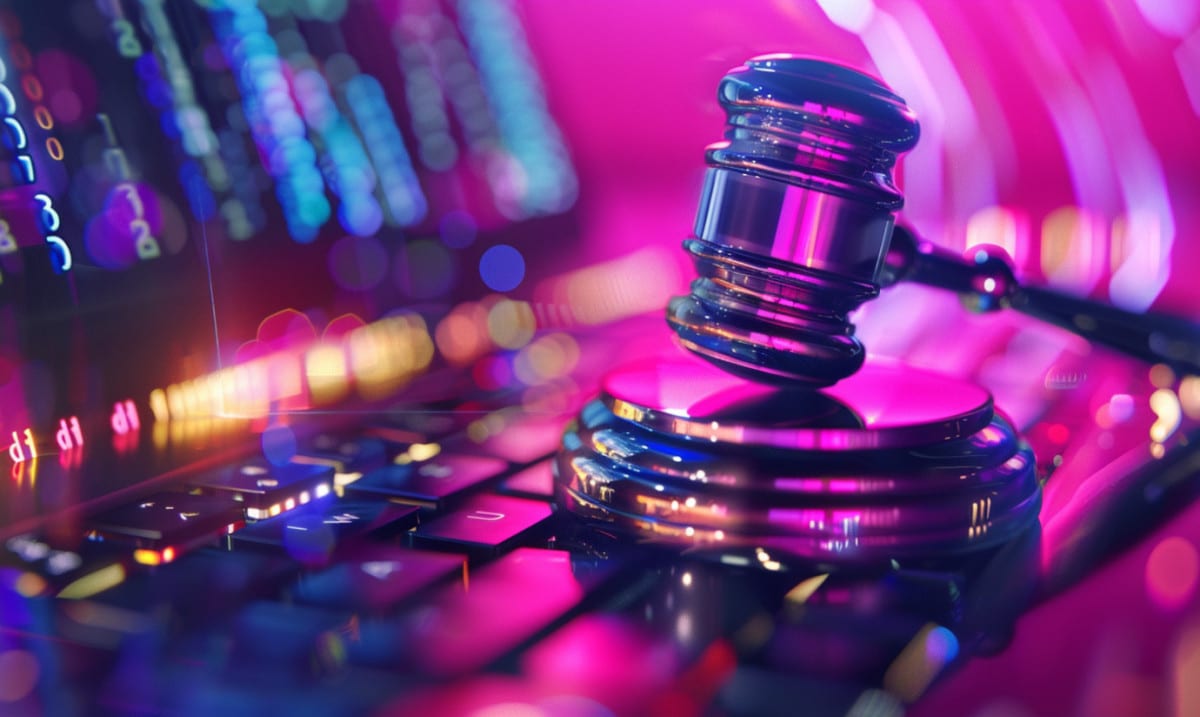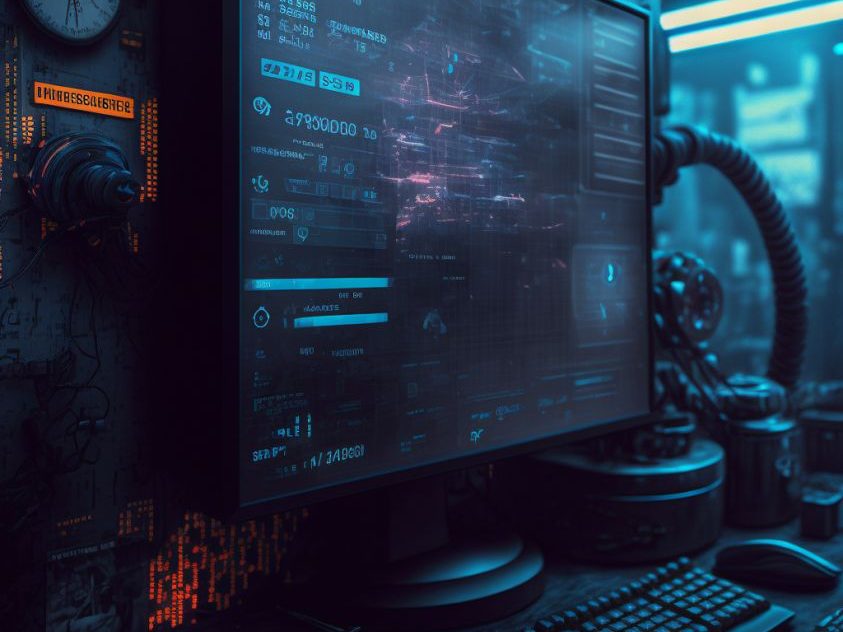How are DAOs taxed?


As the use of decentralized autonomous organizations (DAOs) continues to grow, so do the concerns around how to properly report taxes on DAO transactions. The lack of clear guidelines from tax authorities has left many investors confused and unsure of how to navigate the tax implications of their DAO investments. However, with a bit of understanding and guidance, investors can stay compliant and avoid any potential legal issues. In this article, we’ll explore the basics of how DAOs are taxed, including taxable events and reporting requirements. By the end, you’ll have a better grasp of how to properly report your DAO transactions and keep your tax obligations in check. Let’s dive in!

What is a DAO?
Decentralized Autonomous Organization, commonly known as DAO, is a unique type of organizational structure that enables stakeholders to collectively govern a protocol without the need for a central authority or governing body. DAOs operate using smart contracts, which are self-executing computer programs that automatically enforce the rules and regulations defined by the community.
DAOs offer several benefits over traditional organizations. Firstly, they enable greater transparency and accountability by allowing stakeholders to directly participate in the decision-making process. Secondly, DAOs can be more efficient and cost-effective since they eliminate the need for intermediaries and reduce the transaction costs associated with traditional organizational structures.
Today, DAOs are becoming increasingly popular in the blockchain space, with projects like MakerDAO, Compound, and Aave all using DAO structures to govern their respective protocols.
One of the most significant advantages of DAOs is their ability to enable decentralized ownership and governance of digital assets. For example, token holders can vote on key issues such as the allocation of resources, upgrades to the protocol, and changes to the governance structure itself. In this way, DAOs offer a more democratic and decentralized approach to decision-making, giving token holders greater influence over the future of the protocol.
By enabling stakeholders to collectively govern a protocol, DAOs offer greater transparency, efficiency, and decentralization than traditional organizational structures. As the blockchain space continues to evolve, DAOs are likely to play an increasingly important role in the development and governance of decentralized systems.
| Recommended post: Top 10 Crypto Gainers & Losers in 2023: Comparison Sheet |
How are DAOs Classified Under U.S. Law?
In the context of forming a Decentralized Autonomous Organization (DAO) outside of U.S. federal or state law, questions arise on whether it can be considered a partnership, LLC, or corporation. However, the U.S. tax law is capable of addressing this issue through the principle of “substance over form.”

Unlike Civil Law systems that rely on the legal form of an arrangement to determine liability, the U.S. system allows for legal interpretation based on the substance of a transaction to determine intention and liability.
As a result, no matter how a group structures their DAO, no structure provides complete immunity against tax reporting and collection. Additionally, the principle of taxation by citizenship requires American citizens participating in a DAO to report their activities to the IRS, no matter where their business transactions and investments take place, whether in the USA, foreign countries, or cyberspace.
| Recommended post: Top 10 Crypto Exchanges for UK-Based Users in 2023 |
How Do I Pay Taxes on my DAO?
Individuals who hold DAO tokens can expect them to be taxed similarly to other cryptocurrencies. This means that income tax and capital gains tax are likely to apply. If you received DAO tokens as an airdrop, you must report the income based on the fair market value of the tokens at the time they were received.
If you sell your DAO tokens, you will realize a capital gain or loss depending on the price fluctuations since you acquired them. If the DAO distributes rewards to token holders, the value of these rewards should be reported as personal income based on the fair market value at the time of receipt.
When it comes to the taxation of Decentralized Autonomous Organizations (DAOs), the waters are far from clear. Tax-paying individuals and companies that interact with DAOs, are in a unique situation as the Internal Revenue Service (IRS) is yet to provide any guidelines on this matter.
Independent accounting firms and experts have made efforts to create general rules for taxation in relation to Decentralized Autonomous Organizations (DAOs), which have been effective for most individuals. However, without official guidance from the IRS, there is no assurance that these rules will be recognized in the future.
This lack of clarity has led to a great deal of uncertainty in the DAO community, and has made it difficult for investors and entrepreneurs to make informed decisions about whether to participate in a DAO or not. Until official guidance is provided, it is likely that many potential participants will remain on the sidelines, wary of the potential tax implications.
| Recommended post: 30+ Best Crypto Wallets of 2023: Reviews & Comparison |
How Can DAOs Navigate Taxation?
Despite the lack of official guidance from the IRS, there are steps that DAOs can take to navigate taxation. One important step is to work with a qualified tax professional who has experience in the world of crypto and DAOs. A good tax professional can help DAOs understand their tax obligations, and can provide guidance on how to structure their operations in a tax-efficient way.
Another key step for DAOs is to keep detailed records of all transactions. This includes records of all token transfers, rewards, and other events that could have tax implications. By keeping detailed records, DAOs can ensure that they are able to accurately report their income and expenses when it comes time to file taxes.
Finally, DAOs should be proactive in their approach to taxation. This means staying up to date on the latest tax laws and regulations, and being prepared to adjust their operations accordingly. DAOs that are proactive in their approach to taxation are more likely to avoid compliance issues, and are better positioned to take advantage of tax-saving opportunities.
In conclusion, the taxation of DAOs is a complex and rapidly evolving issue. While the IRS has yet to provide official guidance on how DAOs will be taxed, there are steps that investors and entrepreneurs can take to navigate this issue. By working with qualified tax professionals, keeping detailed records, and staying proactive in their approach to taxation, DAOs can minimize their tax liabilities and ensure compliance with relevant laws and regulations.
It is clear that DAOs are an important and growing part of the crypto ecosystem, and that they have the potential to revolutionize the way that we think about governance and decision-making. By navigating the issue of taxation in a responsible and informed way, DAOs can help to ensure that they continue to grow and thrive in the years to come.
| Recommended post: 10 Most Promising Bitcoin NFT Ordinals Collection in 2023 |
How can Crypto Tax Services Help?
When it comes to understanding the tax implications of participating in DAOs, it can be a complex and challenging process. This is where crypto tax services can be incredibly helpful. These services specialize in navigating the complex world of crypto taxes, and can assist you with everything from understanding your tax liabilities to preparing and filing your tax returns.
Crypto Tax Services offer a range of tools and resources to help crypto investors and traders stay compliant with tax regulations. Their platform is designed to be user-friendly, and provides users with a dashboard where they can track their transactions, calculate their tax liabilities, and generate tax reports.
Keep track of cryptocurrency distributions in our Airdrops Calendar.
Read more related articles:
Disclaimer
In line with the Trust Project guidelines, please note that the information provided on this page is not intended to be and should not be interpreted as legal, tax, investment, financial, or any other form of advice. It is important to only invest what you can afford to lose and to seek independent financial advice if you have any doubts. For further information, we suggest referring to the terms and conditions as well as the help and support pages provided by the issuer or advertiser. MetaversePost is committed to accurate, unbiased reporting, but market conditions are subject to change without notice.
About The Author
Damir is the team leader, product manager, and editor at Metaverse Post, covering topics such as AI/ML, AGI, LLMs, Metaverse, and Web3-related fields. His articles attract a massive audience of over a million users every month. He appears to be an expert with 10 years of experience in SEO and digital marketing. Damir has been mentioned in Mashable, Wired, Cointelegraph, The New Yorker, Inside.com, Entrepreneur, BeInCrypto, and other publications. He travels between the UAE, Turkey, Russia, and the CIS as a digital nomad. Damir earned a bachelor's degree in physics, which he believes has given him the critical thinking skills needed to be successful in the ever-changing landscape of the internet.
More articles

Damir is the team leader, product manager, and editor at Metaverse Post, covering topics such as AI/ML, AGI, LLMs, Metaverse, and Web3-related fields. His articles attract a massive audience of over a million users every month. He appears to be an expert with 10 years of experience in SEO and digital marketing. Damir has been mentioned in Mashable, Wired, Cointelegraph, The New Yorker, Inside.com, Entrepreneur, BeInCrypto, and other publications. He travels between the UAE, Turkey, Russia, and the CIS as a digital nomad. Damir earned a bachelor's degree in physics, which he believes has given him the critical thinking skills needed to be successful in the ever-changing landscape of the internet.



















































